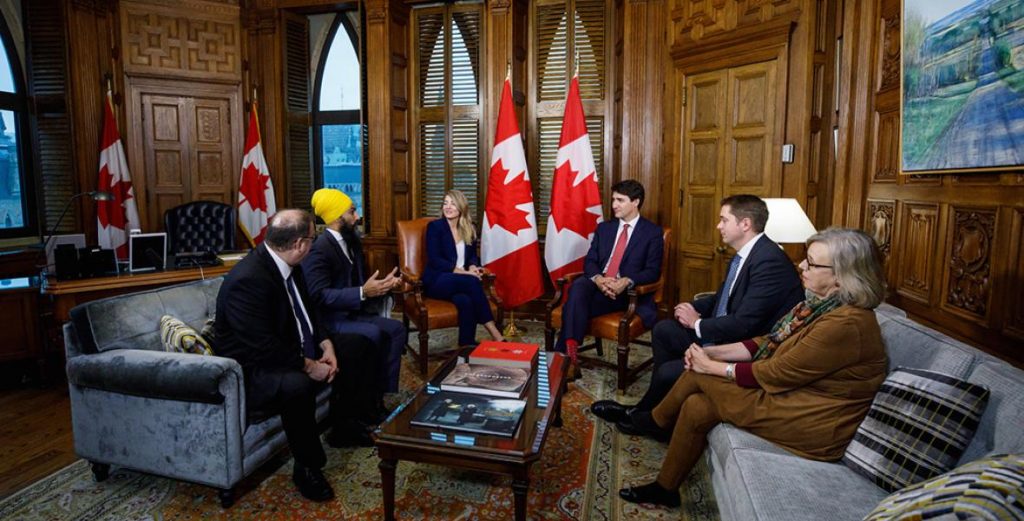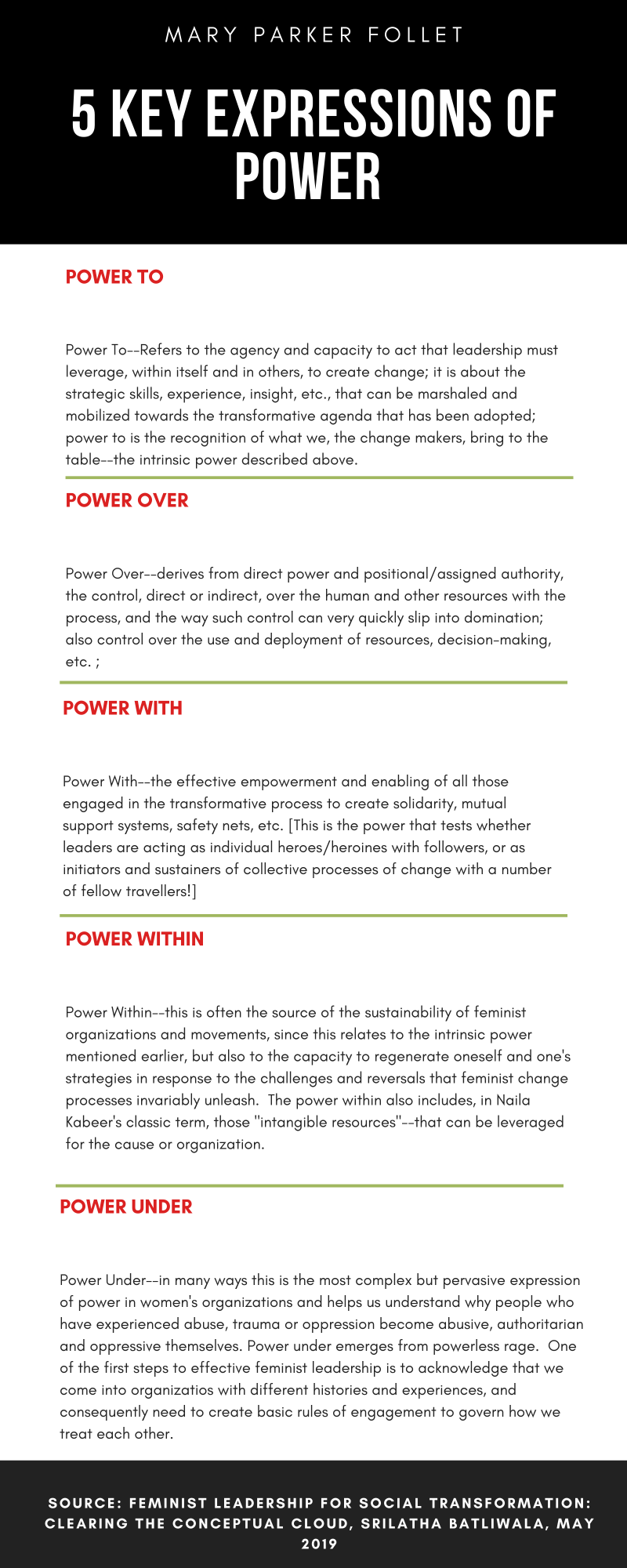You are visiting Liisbeth’s archives!
Peruse this site for a history of profiles and insightful analysis on feminist entrepreneurship.
And, be sure to sign up for rabble.ca’s newsletter where Liisbeth shares the latest news in feminist spaces.

With a minority government outcome, Canada’s post-election news vibe is now all about how and if Justin Trudeau (Liberals), Elizabeth May (Green Party), and Jagmeet Singh (New Democratic Party) will be able to successfully collaborate to deliver on issues most of us (63 percent according to the popular vote) care deeply about: Drastically reducing greenhouse gas emissions, creating affordable child care, fostering a culture of diversity and inclusion, attending to reconciliation with Canada’s Indigenous people, and reducing income inequality via a myriad of new initiatives and tax cuts.
Based on experience (we have had three minority governments in the past 15 years), most politicos are pretty gloomy about the prospects of a minority government performing well. But, perhaps this time, in a context where the power of tech-enabled social movements (#metoo, #gretathunberg, #womensmarch) can no longer be ignored by politicians, a minority government might just be the crucible we need to generate real, lasting, innovative systems change.
For that to happen, we need to encourage all three progressive leaders to move beyond identifying as feminists—to leading like feminists.
What is Feminist Leadership?
Over a century of research has gone into defining feminist leadership and how to practice it; there is by no means broad consensus on the subject. Yet we instinctively know what feminist leadership is not: defaulting to patriarchal, neoliberal norms at the first sign of trouble.
In her paper, “Feminist Leadership for Social Transformation: Clearing the Conceptual Cloud,” Srilatha Batliwala, a feminist scholar associate for the Association for Women’s Rights in Development (AWID), suggests that effective feminist leaders must consider the following:
- First and foremost give due attention to building authentic relationships and trust between people and stakeholders.
- Create safe space to foster honest, and yes, often personally and organizationally difficult dialogue.
- Prioritize inclusivity, agency, and cultivate a sense of belonging in organizational culture.
- Unpack norms (why do we do it this way?) and take risks by challenging unproductive, traditional ways of thinking. Experiment!
- Place significant value on collective and multi-layered leadership and get comfortable with the discomfort of sharing power.
- Understand the role of power, and Mary Parker Follett’s five expressions of power (power over, power with, power to, power within, and dangerous nature of power under), which one to work with, when and how to best manage. (See explainer infographic below)
- “Challenge visible, hidden, and invisible power where it operates…” and bring it out into the light. Operating with transparency is a necessary pre-condition for building trust.
- Finally, think of conflicts as precious opportunities to innovate, heal and, more importantly, practice liberation.
Consider the SNC Lavalin situation. It might have unfolded differently if Justin Trudeau saw his role in that situation as the “initiator and sustainer of a collective decision-making process” rather than relying on conventional, top-down patriarchal leadership ways of dealing with complex power dynamics, human emotions, and conflict .
In a recent interview with Jess Tomlin, the Co-founder and CEO of the new $300 million Equality Fund (a deeply feminist Canadian organization), I asked, “What does it take to be a feminist leader?”
Tomlin said this: “The first step as a feminist leader is to recognize I am deeply, deeply flawed. After that, it’s about learning as you go, and always working to shift power in both our personal lives and organizational contexts.”
This new minority government offers an incredible opportunity. It gives progressive leaders the context, rationale, and license to shift power, transform the country, and truly make meaningful history. To realize that outcome, we will need each of our leaders to consider both feminist leadership as an approach, and Tomlin’s wisdom as a start.

LiisBeth is a reader supported, ad free feminist media enterprise. Please consider becoming a supporter! [direct-stripe value=”ds1554685140411″]
https://www.liisbeth.com/2017/08/17/uber-feminist-enterprise/
You are visiting Liisbeth’s archives!
Peruse this site for a history of profiles and insightful analysis on feminist entrepreneurship.
And, be sure to sign up for rabble.ca’s newsletter where Liisbeth shares the latest news in feminist spaces.





